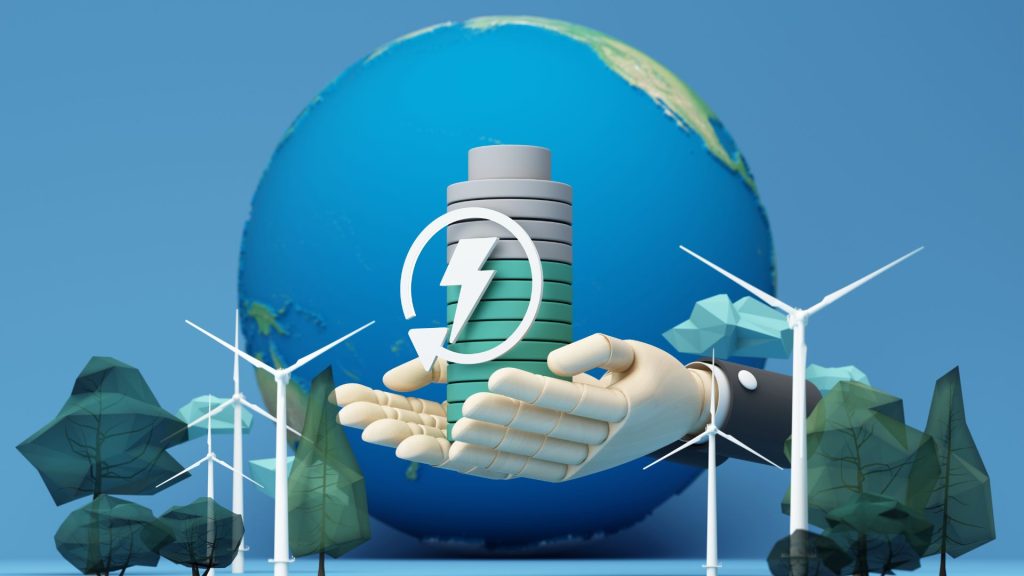
In the era of escalating climate change and pressing environmental concerns, attracting Foreign Direct Investment (FDI) into renewable energy has become a key priority for Vietnam. The country has made remarkable progress in this sector, achieving significant milestones that position it as a leader in renewable energy within Southeast Asia. However, the journey to sustainable energy development is fraught with challenges, necessitating strategic policy adjustments and a more favorable investment environment.
Understanding Green FDI
Green FDI refers to foreign investments that adhere to environmental standards and actively contribute to sustainable development. According to the United Nations Conference on Trade and Development (UNCTAD), green FDI includes investments in:
- Environmentally friendly products and services.
- Low-carbon technologies and processes.
In Vietnam, while the term “green FDI” lacks an official definition, it resonates with the nation’s commitment to promoting green growth and reducing carbon emissions. Green FDI primarily focuses on renewable energy projects such as solar, wind, and biomass energy, aiming not only to generate economic returns but also to address global environmental issues like climate change, pollution control, and ecological balance.
Achievements in renewable energy
Over the past decade, Vietnam has made remarkable strides in renewable energy development:
- Expansion of Renewable Energy Projects: Solar and wind energy projects have surged, positioning Vietnam as a leader in renewable energy capacity in Southeast Asia.
- Policy Incentives: The government has implemented a range of policies to support renewable energy projects, including tax exemptions, land-use incentives, and streamlined administrative processes.
- Economic and Environmental Benefits: These initiatives have reduced reliance on fossil fuels, lowered greenhouse gas emissions, and bolstered Vietnam’s energy security.
The renewable energy sector has not only enhanced the sustainability of Vietnam’s energy mix but also created jobs, fostered technological innovation, and attracted international interest.
Challenges in attracting Green FDI
Despite these successes, Vietnam encounters several challenges in attracting substantial green FDI:
High initial costs and long payback periods
Renewable energy projects, such as solar farms and offshore wind farms, require significant capital investment upfront. These projects typically have long payback periods, creating financial risks that may deter foreign investors.
Uncompetitive electricity pricing
Vietnam’s feed-in tariff (FIT) schemes are less competitive compared to international benchmarks. The lack of attractive pricing models reduces incentives for investors to commit to renewable energy projects in Vietnam.
Complex administrative procedures
Investors often face bureaucratic hurdles, including unclear regulations, extended approval timelines for environmental impact assessments (EIAs), and overlapping jurisdictional requirements. These challenges hinder the efficient implementation of renewable energy projects.
Global market volatility
Fluctuations in global financial markets and rising interest rates further exacerbate the risks associated with long-term investments in emerging markets like Vietnam.
Lack of a comprehensive legal framework
While Vietnam has introduced various regulations encouraging renewable energy, the absence of a unified legal framework for green FDI creates inconsistencies that undermine investor confidence.
Legal framework for Green FDI in renewable energy
Vietnam’s legal system has made strides in promoting green FDI. Key legislations include:
- Investment Law 2020: Articles 19 and 20 prioritize renewable energy projects, offering tax incentives, land-use benefits, and streamlined administrative procedures, particularly in underdeveloped areas.
- Renewable Energy Development Strategy: This strategy, aligned with the 2050 vision, aims to increase renewable energy’s share in the energy mix to 44%, demonstrating the government’s commitment to sustainable growth.
- Electricity Law 2024: This law emphasizes renewable energy development, ensuring fair participation for foreign investors while mandating environmental protections.
However, challenges remain, particularly in detailed guidance on project implementation, transparency in administrative procedures, and the effectiveness of environmental regulations.
Recommendations for enhancing Green FDI
To unlock the full potential of green FDI, Vietnam must adopt comprehensive strategies, including:
Enhancing policy transparency: Simplify administrative processes and provide clear guidelines for project approvals to reduce investor uncertainty.
Revising pricing policies: Develop competitive electricity pricing mechanisms that attract foreign investors while ensuring long-term sustainability.
Strengthening legal frameworks: Introduce specific laws for green FDI in renewable energy, focusing on environmental impact assessments and carbon-neutral technologies.
Leveraging international partnerships: Collaborate with global organizations and foreign governments to access technical expertise, funding, and best practices.
Building financial incentives: Establish green financing mechanisms, such as low-interest loans and government-backed guarantees, to mitigate investment risks.
Green FDI in renewable energy is vital for Vietnam to achieve its dual objectives of sustainable development and environmental protection. While the country has made notable progress, addressing the challenges of high investment costs, regulatory barriers, and unattractive pricing policies is imperative. By refining its legal and policy framework, Vietnam can position itself as a top destination for environmentally conscious investors, fostering a greener and more sustainable future.
______________________
Contact Our Legal Experts
At TLA, our experienced lawyers specialize in diverse legal fields, including criminal, civil, corporate, and family law. We provide comprehensive legal support and personalized advice.
For Expert Legal Consultation, Contact Us:
1. Lawyer Vu Thi Phuong Thanh – Director of TLA Law Firm, Hanoi Bar Association.
Email: vtpthanh@tlalaw.vn
2. Lawyer Tran My Le – Chairwoman of TLA Law Firm’s Members’ Council, Hanoi Bar Association.
Email: tmle@tlalaw.vn
Address: Floor 7, No. 6 Duong Dinh Nghe Street, Yen Hoa, Cau Giay, Hanoi
Website: https://tlalaw.vn/
Hotline: 0906246464
_LTTTra_

